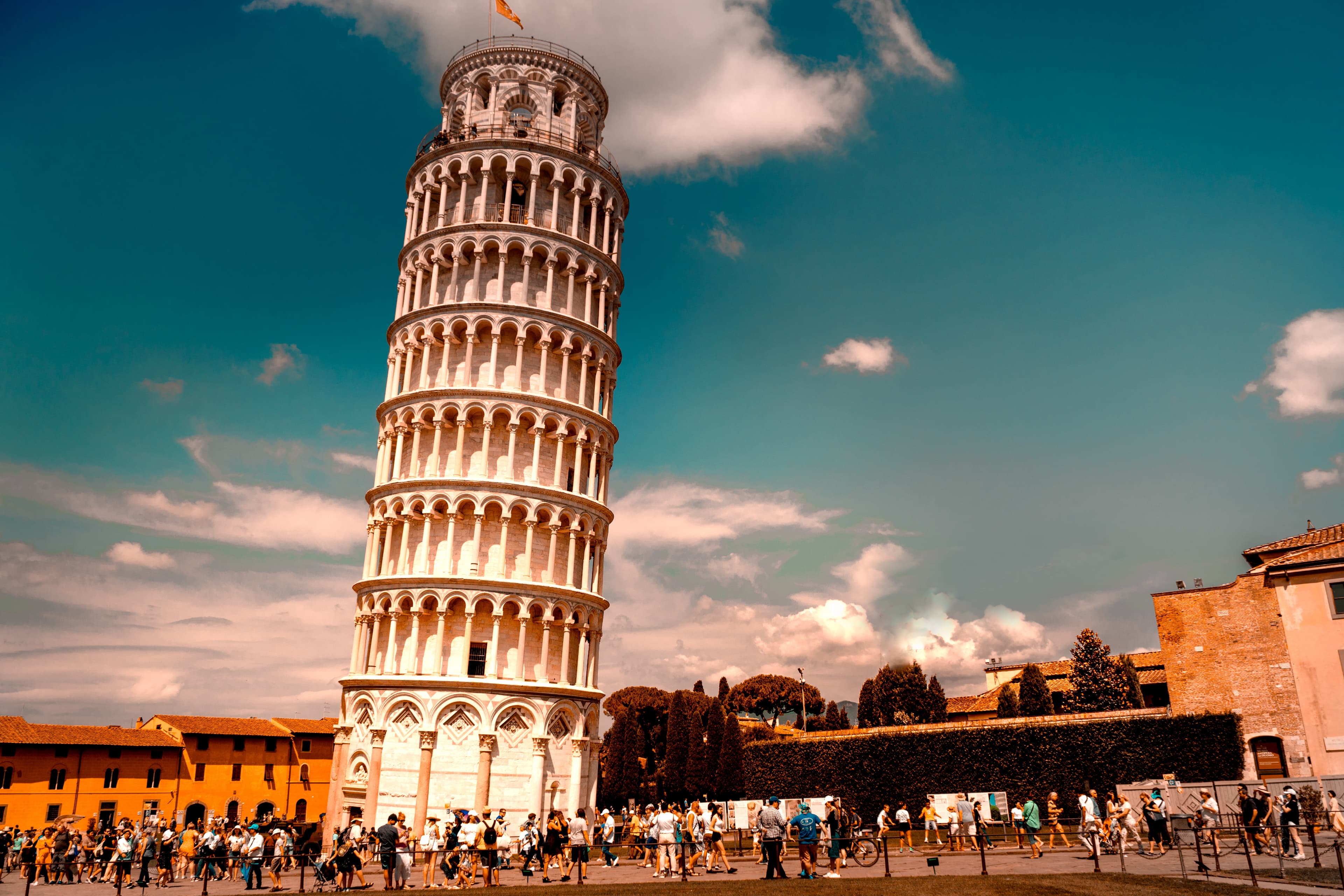
A few pages into reading Steve Jobs, by Walter Isaacson and I couldn't help but ponder on how the idea of a perfect human is deeply flawed. Like Robert Green put it: “Only the gods and the dead can seem perfect with impunity.”, it goes to say no man alive is perfect.
A wise friend of mine asserted that we, as humans, are ideological beings. Our biases and our proclivity for empathy is significantly affected by our ideological clusters. We easily ignore the faults of people whom we are familiar with and can relate to.
Having watched numerous videos about Apple and having read a number of stories about the genius mind behind such an influential and amazing company, it isn't too surprising, again as humans, that my biases will influence me to idealize Steve as a man who could do no wrong.
Men will, for all their ingenuity, always be fallible.
Having this knowledge could, for instance, empower one to forgive oneself and equally forgive others. To those who have held themselves back by inordinate feelings of inadequacy, accepting this knowledge could encourage them to dispel such limitations and further propel them to pursue their dreams and lead their best lives.
How liberating is it realising that one can get that dream job; because that role is not reserved for perfect people; because perfect people don't exist?
It's a simple yet profound message that we are not perfect, we don't need to be, and we lose nothing by not being perfect.